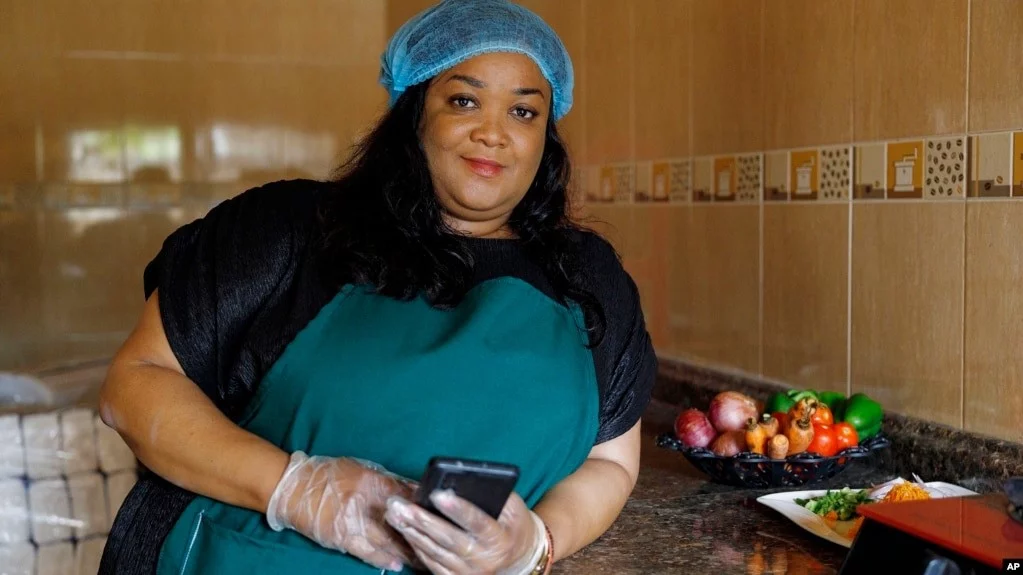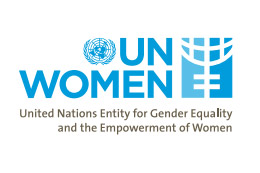
ANITA Akpeere bustled in her kitchen in Ghana’s capital, Accra, preparing her signature fried rice. Her phone buzzed continuously with notifications from restaurant order apps. ‘I don’t think I could work without a phone in my line of business,’ she said, glancing at the latest request for a traditional fermented dumpling.
Internet-enabled phones have revolutionised many aspects of life globally, but their impact in sub-Saharan Africa is uniquely profound. Here, infrastructure and public services are among the least developed in the world. Jenny Aker, a professor at Tufts University specialising in technology’s role in development, noted, ‘Technology in Africa often leapfrogs gaps, such as providing access to mobile money for people without bank accounts.’
However, despite expanding mobile internet coverage across the continent, only 25 percent of adults in sub-Saharan Africa have access to it. Claire Sibthorpe, head of digital inclusion at GSMA, a UK-based mobile phone lobbying group, explained, ‘Expense is the main barrier. The cheapest smartphone can cost up to 95 percent of the monthly salary for the poorest 20 percent of the population.’
Low literacy rates and the lack of services in many of Africa’s 2,000 languages further hinder smartphone adoption. ‘If you buy a car, it’s because you can drive it,’ said Alain Capo-Chichi, CEO of CERCO Group, which has developed a smartphone functioning through voice command available in 50 African languages, including Yoruba, Swahili, and Wolof.
Even in Ghana, where English is widely spoken, newcomers to smartphones and apps can face steep learning curves. To address this, companies like Uniti Networks are stepping in to bridge the digital divide. Uniti Networks offers financing to make smartphones more affordable and provides coaching to help users navigate its platform of apps.
Cyril Fianyo, a 64-year-old farmer from Ghana’s Volta region, exemplifies this transformative impact. He registered with Uniti, paying a deposit of 340 Ghanaian Cedis ($25) for a smartphone, with the remaining 910 Cedis ($66) payable in instalments. Uniti’s training enabled him to use a farming app called Cocoa Link, which provides videos on planting techniques, weather updates, and information on climate change impacts.
‘I will know the exact time to plant because of the weather forecast,’ Fianyo said, optimistic that the technology would boost his yields. Kami Dar, CEO of Uniti Networks, emphasised the broader potential of mobile internet to address challenges like healthcare access. Uniti has launched in five Ghanaian communities with 650 participants and aims to reach 100,000 users within five years.
However, Aker from Tufts University cautioned about overestimating the benefits of mobile health and agriculture apps. ‘There’s limited evidence that paid apps significantly improve outcomes. The real benefits often come from simple reminders, like taking medicine or getting vaccinated,’ she said. Her research suggests that while farmers gain information from apps, it doesn’t necessarily translate into better prices or incomes.
Capo-Chichi from CERCO Group added that the lack of useful apps and relevant content also deters smartphone adoption in Africa. Dar acknowledged this, explaining how Uniti Networks learns from its users’ experiences. In a pilot project in northern Ghana, cocoa farmers found a pension app challenging to use, prompting Uniti to provide additional coaching and feedback to the app developer to improve its interface.
Other users are finding tangible benefits through Uniti’s platform. Mawufemor Vitor, a church secretary in Hohoe, used a health app to track her menstruation and prevent pregnancy. Fianyo, the farmer, accessed information on herbal medicine.
Despite these success stories, Aker stressed that mobile phones cannot replace investments in public services and infrastructure. She also raised concerns about data privacy, especially with digital IDs being developed in countries like Kenya and South Africa, which could lead to potential abuses.
Uniti Networks, a for-profit enterprise, earns revenue from each customer who subscribes to paid apps. Dar asserted that Uniti only promotes apps that align with its impact goals in health, education, finance, and agriculture. He highlighted that Uniti has turned down lucrative offers from gambling companies, emphasising, ‘Tech can be used for awful things.’
Dar admitted that Uniti tracks users’ activity to offer incentives like free data and provide feedback to app developers. While he acknowledged risks to users’ health and financial data from external threats, he explained that Uniti uses decentralised data storage to mitigate these risks.
The potential benefits of mobile technology, however, can outweigh the risks. Aker pointed to education and insurance as areas where technology could be transformative. Mobile phones could help address the illiteracy affecting 773 million people worldwide, according to UNESCO. Increased access to insurance could protect millions in Africa who face the brunt of climate change and conflict.
In Fianyo’s fields, his new smartphone has stirred curiosity among his neighbours. ‘This is something I would like to be part of,’ said neighbouring farmer Godsway Kwamigah, intrigued by the possibilities that mobile technology might bring to his own farming practices.
Through innovative solutions like Uniti Networks, mobile technology is gradually bridging the digital divide in sub-Saharan Africa, offering new opportunities and hope for a brighter, more connected future.













